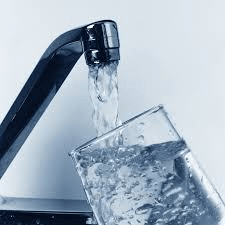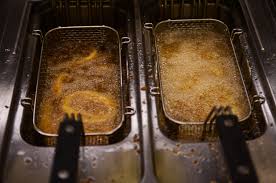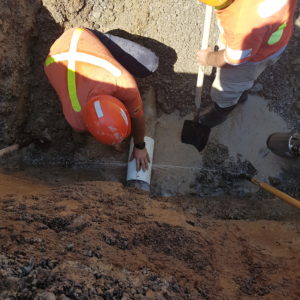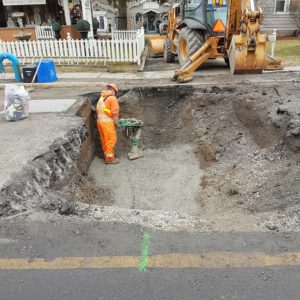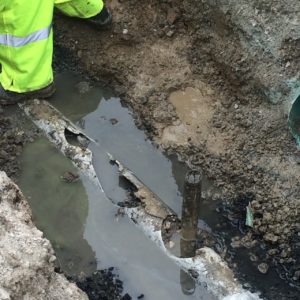The Water & Wastewater division of Haldimand County manages the municipal water treatment and distribution system and the collection and treatment of wastewater to ensure access to clean, safe drinking water and the proper treatment of wastewater.
Report an Emergency
To report a water and/or wastewater emergency (such as a broken watermain, plugged sewer or damaged hydrant), please call:
Monday to Friday 8:30 a.m. to 4:30 p.m., please call Haldimand County at 905-318-5932
All other times (including Statutory Holidays), please call our answering service at 1-888-849-7345


